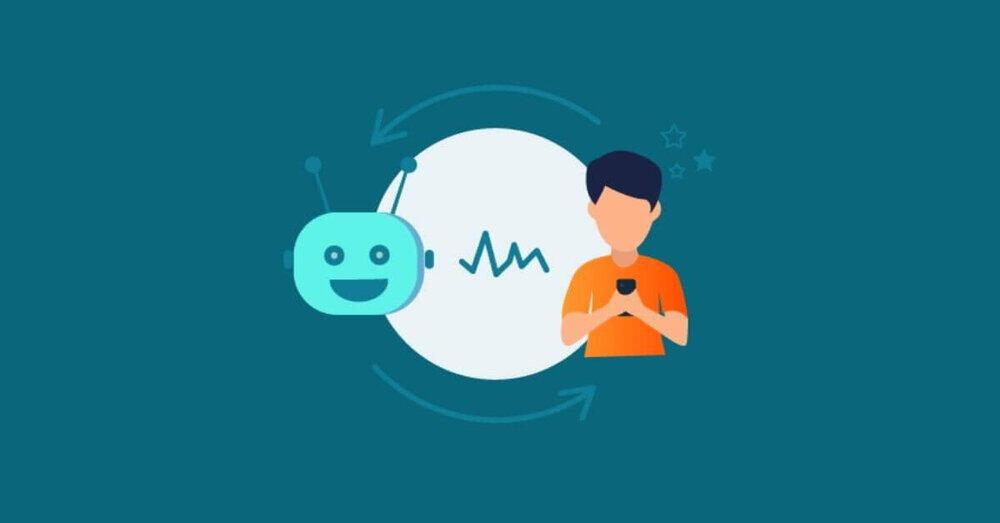The Role of ChatGPT in Mental Health: A Balanced Evaluation by Dr Adeel, Clinical Psychologist
March 29, 2023 - Reading time: 6 minutes

In this insightful article, Dr. Adeel Sarwar, Ph.D., a clinical psychologist, shares his expert perspective on the potential benefits and limitations of AI-driven therapy, with a particular focus on ChatGPT, an AI platform developed by OpenAI. Drawing from his extensive experience in the field of mental health care, Dr. Sarwar examines the advantages and drawbacks of integrating AI in therapeutic interventions and emphasizes the importance of a balanced evaluation of these emerging technologies.
Understanding the Potential Benefits and Limitations of AI-Driven Therapy
The world of mental health care has seen groundbreaking advancements with the integration of Artificial Intelligence (AI) in therapeutic interventions. Among these AI platforms, ChatGPT, developed by OpenAI, has emerged as a frontrunner in delivering natural language processing solutions. As a clinical psychologist, I find it essential to assess the potential benefits and drawbacks of employing ChatGPT in mental health support, considering the growing global concern about mental disorders.
The Upsides of Implementing ChatGPT for Mental Health Assistance
- Expanding Reach and Cost-Effectiveness: One significant advantage of utilizing AI platforms like ChatGPT lies in their ability to offer cost-effective and accessible mental health support. Traditional therapy may be financially challenging and geographically limited for numerous individuals, whereas AI-powered interventions can transcend such barriers and reach a broader audience.
- Anonymity and Diminished Stigma: The sense of anonymity provided by AI platforms can contribute to reducing the stigma associated with mental health care. Individuals who might be hesitant to share their emotional struggles with human therapists could find solace in confiding in an AI-driven chatbot. This approach allows them to seek support and guidance without the fear of judgment or embarrassment.
- Prioritization and Initial Support: AI platforms can be instrumental in prioritizing and offering initial support to people grappling with mental health challenges. By addressing less complicated cases and screening patients, AI-guided chatbots can aid mental health professionals in concentrating on more severe cases that demand their specialized attention.
The Concerns of Relying on ChatGPT for Mental Health Support
One of the major concerns about employing AI platforms like ChatGPT for mental health support is the potential for inaccuracies and misinterpretation of human emotions. The consequences of such inaccuracies can be devastating, especially for vulnerable individuals seeking help. Moreover, younger adults might experiment with these platforms and subsequently dismiss the efficacy of traditional face-to-face therapy sessions.
Lack of Emotional Intelligence
While AI platforms like ChatGPT have shown impressive strides in natural language processing, they lack the emotional intelligence that forms the essence of human interactions in mental health care. The absence of human empathy and expertise in AI-driven chatbots can undermine the therapeutic process and limit their effectiveness in addressing the complexity of human emotions.
Ethical Considerations and Data Privacy
The use of AI platforms in mental health care raises ethical concerns and questions about data privacy. Sensitive personal information shared during therapy sessions needs to be treated with utmost confidentiality, and AI-driven platforms may not always be able to guarantee the same level of privacy and security.
Points to Ponder Before Opting for AI Platforms in Mental Health
Before choosing AI platforms like ChatGPT for mental health support, it is crucial to consider the following factors:
- Encourage users to seek professional help and not solely rely on AI-generated information.
- Provide guidance on managing psychological crises and navigating available intervention options.
- Address the limitations of AI platforms in offering personalized, high-quality care.
While AI platforms like ChatGPT hold promise in enhancing mental health care accessibility, it is imperative to approach their usage with caution. A balanced evaluation of the benefits and limitations of AI-driven therapy is essential for harnessing their potential without compromising the quality of care. Ultimately, the human touch remains a vital component in the realm of mental health support, and AI platforms should be seen as supplementary tools rather than replacements for human therapists.

